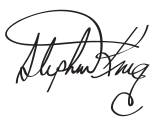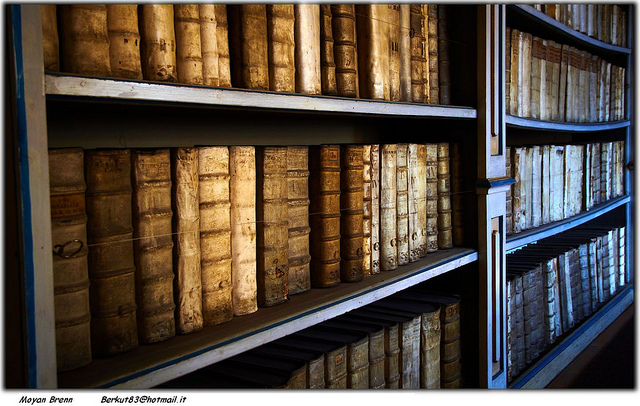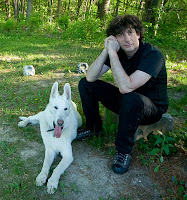From EW.com:
Not only is King going retro with the setting of his upcoming novel, he’s also sticking to a tried-and-true format. “I love crime, I love mysteries, and I love ghosts,” he said in the press release. “I also loved the paperbacks I grew up with as a kid, and for that reason, we’re going to hold off on e-publishing this one for the time being. Joyland will be coming out in paperback, and folks who want to read it will have to buy the actual book.”- Read Stephen King's press release on StephenKing.com
Charles Ardai, editor of Hard Case Crime, promises a layered, genre-crossing story. “Joyland is a breathtaking, beautiful, heartbreaking book,” he said. “It’s a whodunit, it’s a carny novel, it’s a story about growing up and growing old, and about those who don’t get to do either because death comes for them before their time. Even the most hard-boiled readers will find themselves moved. When I finished it, I sent a note saying, ‘Goddamn it, Steve, you made me cry.’” (See the cover of 'Joyland' by Stephen King)
- View the cover art for Joyland
- Join Stephen King's mailing list.
I find Stephen King's stories usually either make me scared of the dark, closets, washrooms (especially toilets) and dogs, or they turn me into a puddle of tears. This one seems to be the puddle of tears kind, although I do have the feeling I might not want to go to any carnivals after dark, at least for a while .... None of that matters, though. I've marked my calendar and am counting the days until Joyland hits the shelves. :-)
Other articles you might like:
- Stephen King: 15 tips on how to become a better writer
- Stephen King on Ray Bradbury: The sound I hear today is the thunder of a giant's footsteps fading away
- Henry Miller's 11 Writing Commandments
Photo credit: StephenKing.com












